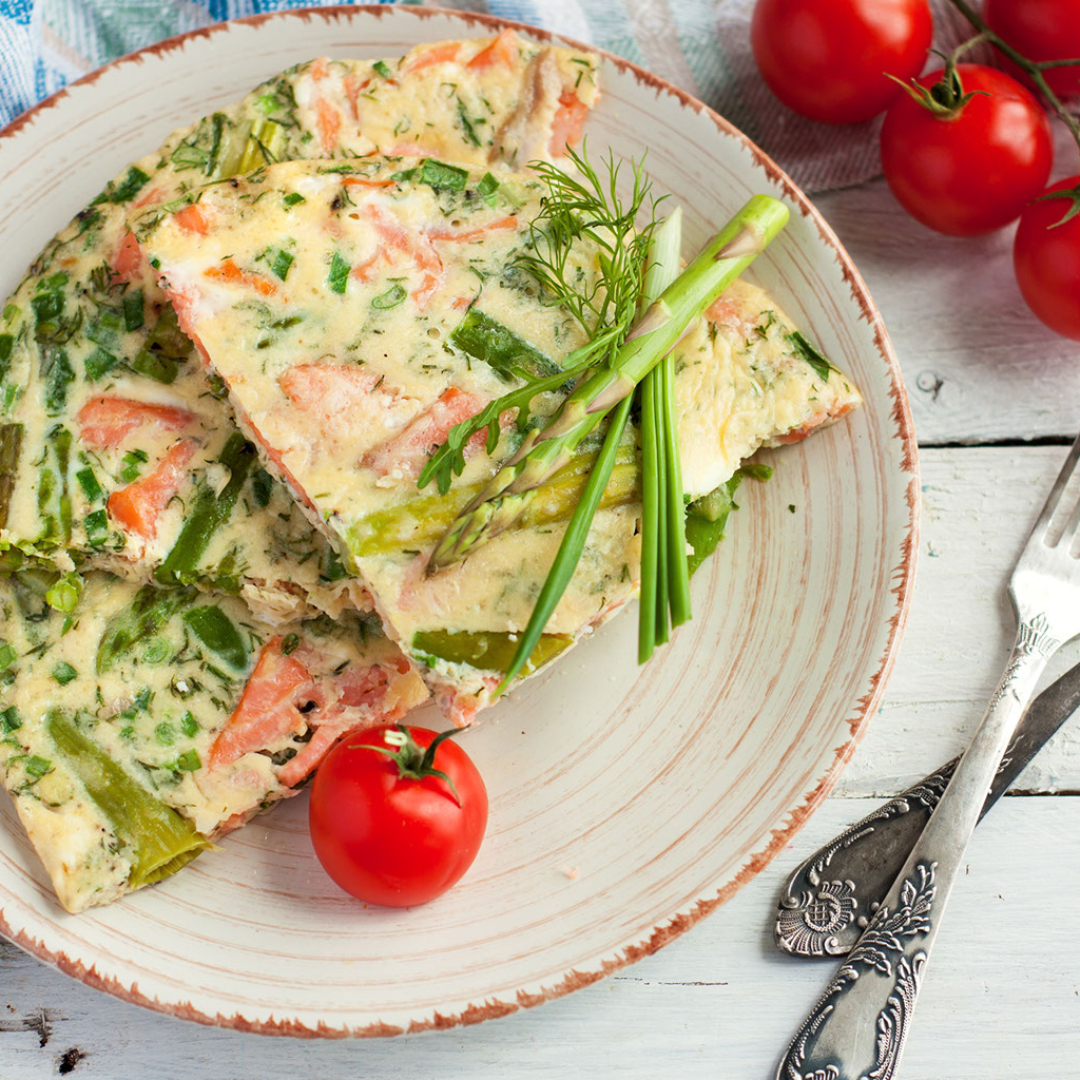Choosing whether to be lacto-ovo vegetarian or vegetarian is an important decision, but it is one that you need to make carefully. You have to consider what the advantages of each type of diet are, and then decide which one is better for your health.
Check out our latest posts:
- Can You Chew Sugar-Free Gum While Intermittent Fasting?
- The Coffee Loophole for Weight Loss: Why It Is The Next Fad Diet?
- Optavia Ruined My Life: The Dark Side Of Optavia Diet
- Metabolic Confusion Diet Plan for Endomorph: 30 Days Free PDF
- AIP Reintroduction Phase; How to Start It The Right Way
No eggs on lacto-ovo vegetarian diet
Unlike a vegetarian with eggs diet, a lacto-ovo vegetarian diet allows for the consumption of some animal-based products, such as milk and cheese. Nevertheless, lacto-ovo vegetarians avoid eating meat.
Lacto-ovo vegetarians have lower risks of gallstone disease. This may be because vegetarians typically consume less cholesterol than non-vegetarians.
Lacto-ovo vegetarians should also pay attention to protein, which helps the muscles function. Choosing textured vegetable protein, which is produced from soy, can help increase the protein content of a dish.
Lacto-ovo vegetarians should also include a variety of grains, legumes, and seeds in their diet. Fiber is another key nutrient to keep in mind. It helps prevent heart disease, high blood pressure, and cancer. Fiber also reduces the risk of gastrointestinal problems.
Eggs are a great source of protein, especially if you use a non-GMO vegan egg. Eggs are a good source of Vitamin B12, a nutrient important to heart health. Other important nutrients in eggs include zinc, which promotes wound healing, and iron, which helps oxygen travel throughout the body.
Check out
Dairy products are allowed on lacto-ovo vegetarian
Despite their name, Lacto-Ovo vegetarians can consume dairy products such as milk, cheese, yogurt, and sour cream. They are careful about excluding meat, poultry, and animal by-products from their diet. They typically eat only plant-based foods and avoid red meat and seafood.
Aside from the nutritional benefits of a vegetarian diet, it may also be beneficial for heart health. Studies have shown that vegetarians tend to have lower cholesterol levels, a slightly higher BMI, and a lower risk of cardiovascular disease than meat eaters. They also have a lower risk of certain cancers.
Lacto-ovo vegetarians may also benefit from the protein provided by eggs. The egg yolk contains healthy fats and essential fat-soluble vitamins. Those who are lactose intolerant may also find ovo-vegetarian diets beneficial.
Lacto-ovo vegetarians also have a lower risk of developing cardiovascular disease. This may be due to the fact that they consume less red meat and seafood than omnivores. They also have a lower risk for diabetes and gallstones. In addition, they have an improved insulin sensitivity.
Check out
Vitamin B12 isn’t enough on lacto-ovo vegetarian
Compared with vegans, lacto-ovo vegetarians tend to have lower vitamin B12 intake. This may be because they aren’t consuming adequate amounts of dairy products.
Vitamin B12 is essential for the production of red blood cells and for DNA health. It is also important for neurological function. Pernicious anemia, which is characterized by a deficiency, is a very serious health problem. This deficiency is associated with neurological disorders, including anemia, fatigue, and neurological complications.
The main signs of pernicious anemia are anemia and fatigue. The primary risk factor is a deficiency of vitamin B12. However, there are other risk factors, including poor cell division. Symptoms may not appear until several years after the onset of a deficiency. Fortunately, there are ways to prevent a deficiency, including taking a daily B12 supplement.
Fiber rich foods are important for lacto-ovo vegetarian & vegatrian diet
Whether you’re a lacto-ovo vegetarian or a vegetarian, it’s important to eat foods that are high in fiber. This is a nutrient that can help reduce unhealthy LDL cholesterol levels and reduce the risk of cardiovascular disease.
A study conducted by Tonstad and colleagues found that vegetarians had a lower risk of diabetes than nonvegetarians. This study looked at a large group of people who participated in the Adventist Health Study-2. They found that the relative risk of diabetes was low in vegetarians, beginning at a high level and reducing to a low level over a period of time.
Vegetarian diets have also been shown to reduce the risk of certain cancers, including colon cancer. Vegetarians have been found to have lower levels of fecal mutagens, a group of chemicals that may be linked to colon cancer.
Check out
Check out more posts on vegetarian diet:
Health benefits
Whether you’re considering cutting meat from your diet or want to reduce your overall cholesterol, a lacto-ovo vegetarian diet can make a big difference in your health. These diets include a variety of fruits and vegetables to help keep you healthy. They also have a number of benefits related to weight loss, flexibility, and athletic performance.
When you’re deciding whether to try a lacto-ovo vegetarian diet, you’ll want to consult with your doctor. They’ll help you figure out the right amount of calories, protein, and other nutrients you need to get a healthy balance of the foods you want. They can also help you design a plan that’s healthy and balanced.
A lacto-ovo vegetarian diet can give you all of the vitamins and nutrients your body needs. Dairy and egg products are a source of protein, and you can get good quality protein from soy products, seeds, nuts, and fortified cereals.
